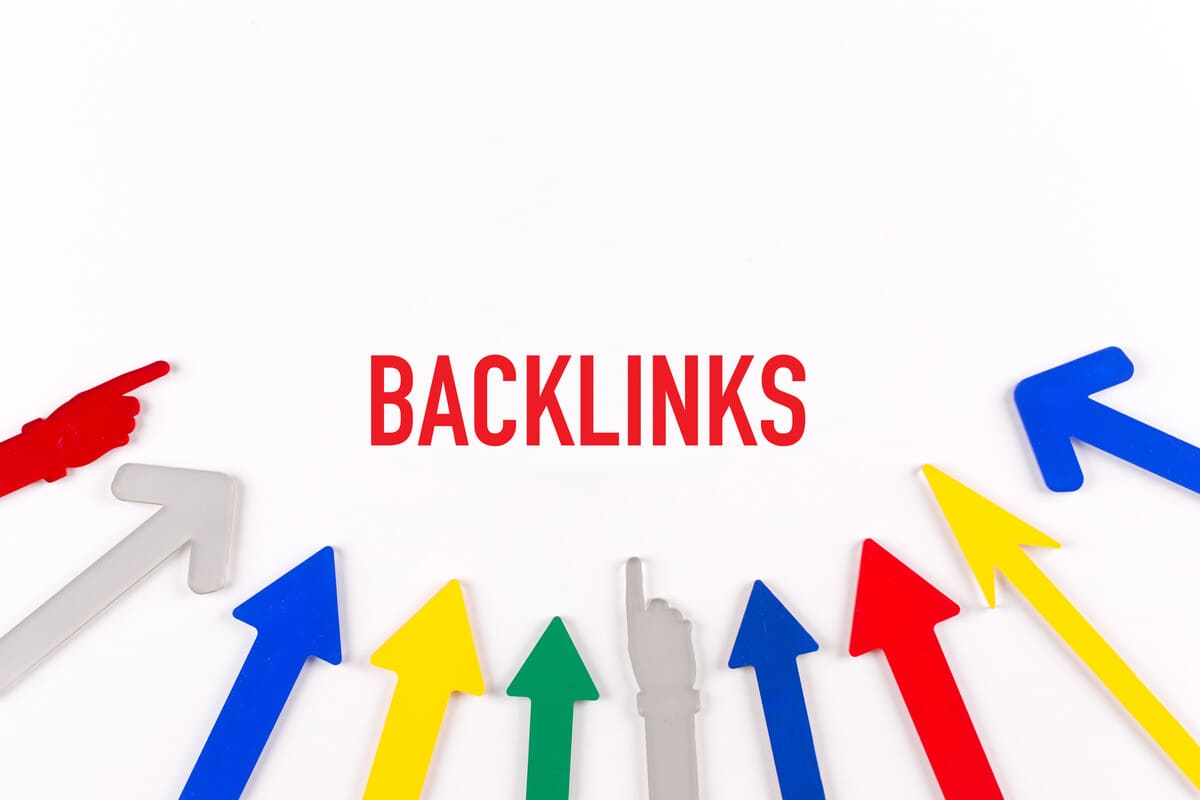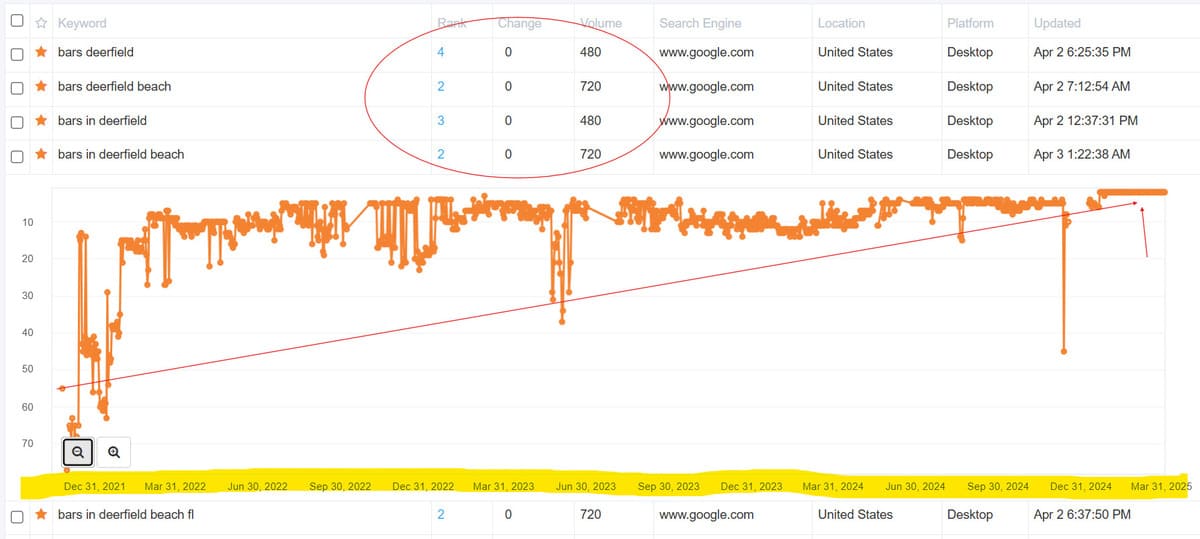Backlinks, also known as inbound links or incoming links, are links from other websites that direct users to your website. In simpler terms, a backlink is a link that points from one website to another. They are important for SEO (Search Engine Optimization) because search engines like Google consider backlinks as votes of confidence or trustworthiness from other websites. Here are some key points about backlinks:
1 – Quality and Quantity
Backlinks are not all equal. Quality backlinks from authoritative and relevant websites carry more weight and can have a greater impact on your website’s search engine rankings than low-quality or spammy backlinks. It’s not just about the quantity of backlinks but also about their quality.
2 – Anchor Text
The text used for the hyperlink (anchor text) plays a role in determining the relevance and context of the backlink. Ideally, the anchor text should be descriptive and relevant to the content it links to, as this helps search engines understand the relationship between the linked pages.
3 – Referral Traffic
Backlinks not only contribute to SEO but also drive referral traffic to your website. When users click on a backlink on another website, they are directed to your website, potentially increasing your site’s visibility and attracting new visitors.
4 – Natural vs. Unnatural Backlinks
Natural backlinks are earned organically through valuable content, relationships, or mentions from other websites. Unnatural backlinks, on the other hand, are obtained through manipulative or spammy practices, such as buying links or participating in link schemes. Google penalizes websites that engage in such practices.
5 – Link Building
Link building is the process of acquiring backlinks from other websites. It involves various strategies such as creating high-quality content, guest blogging, outreach to relevant websites, and participating in online communities or forums. The goal of link building is to earn backlinks that are valuable and relevant to your website.
6 – Dofollow vs. Nofollow Links
Dofollow links pass authority and influence to the linked website, potentially improving its search engine rankings. Nofollow links, on the other hand, do not pass authority and are often used for user-generated content, sponsored content, or to indicate to search engines that the linked website should not be endorsed. Both types of links can contribute to a natural backlink profile.
7 – Monitoring and Analysis
It’s important to monitor your backlink profile regularly using tools like Google Search Console, Ahrefs, or Moz. This allows you to identify new backlinks, assess their quality, and address any issues such as broken links or negative SEO attacks.
Overall, backlinks are an important factor in SEO, helping to improve search engine rankings, increase website traffic, and establish authority and credibility in your industry or niche. However, it’s essential to focus on earning high-quality, natural backlinks through ethical and sustainable link building practices.






